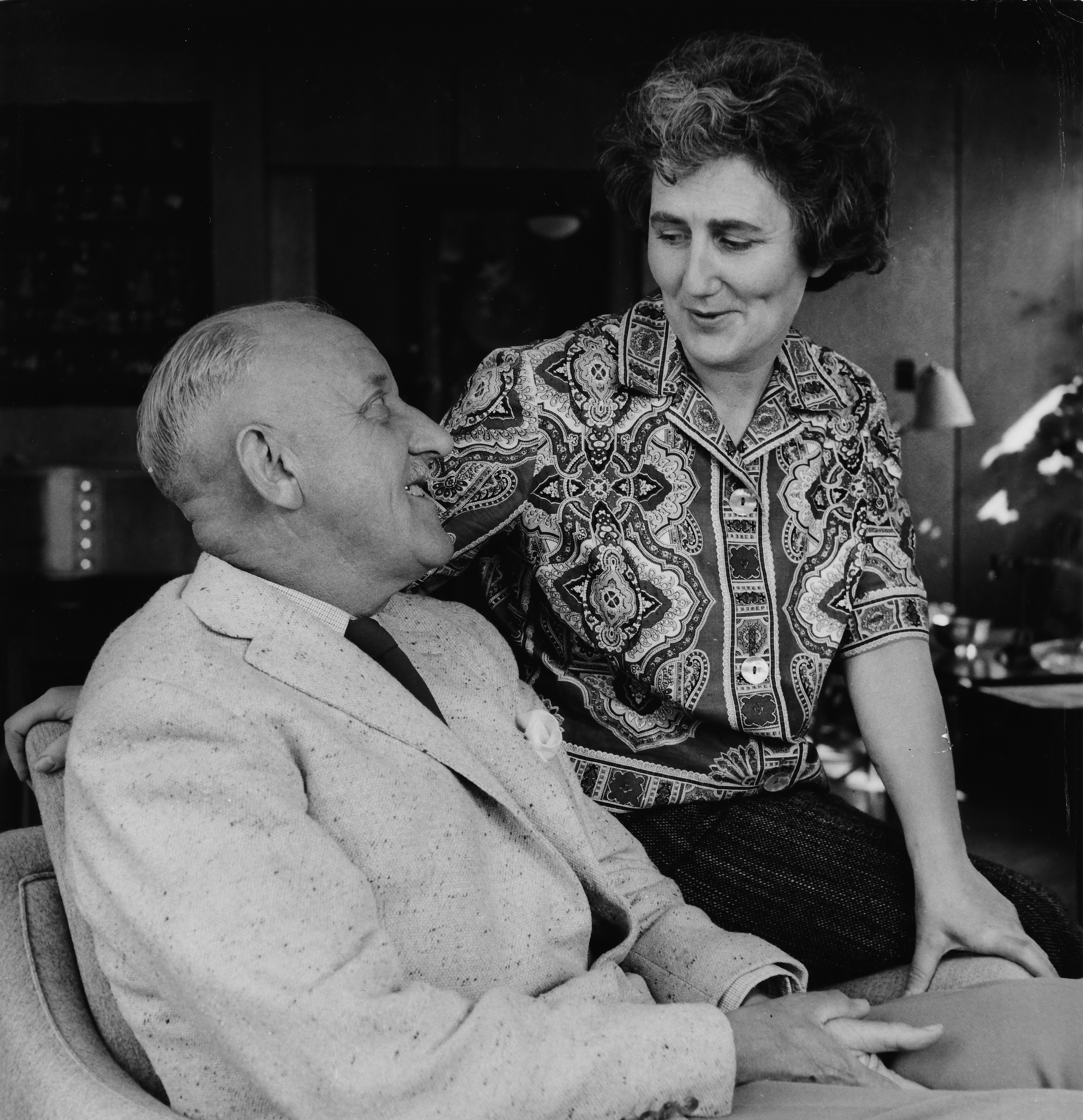In the 1930s he wrote three major novels: Salka Valka, Independent People and World Light. Despite their differences, the books all deal with the ordinary Icelandic people's struggle for existence, with their harsh external conditions and their private conflicts. In the world of these stories everyone is fallible and everyone is deserving of pity. Right and wrong are not opposite extremes, something rare in the social realism of the 1930s, a time of bitter class antagonism. The author and reader's sympathy for all the characters in the books is sincere and unalloyed – however low they fall. Even ugliness has its own beauty there.
The 1940s saw Laxness turn to historical novels, including Iceland's Bell (1943-1946), a work deeply connected to Iceland’s campaign for independence. By the 1950s, his writings began to reflect a growing disillusionment with ideologies, leading him to explore absurdist themes in his plays of the 1960s. Remarkably, 40 years after The Great Weaver from Kashmir, Laxness embraced modernism in his novel Under the Glacier (1968), collaborating with a younger generation of Icelandic writers.
Laxness’s deep respect for ordinary lives is perhaps the key to his enduring popularity in Iceland and beyond. His works resonate with a universal human core, making them relatable to readers around the world. Through his literature, he brought global perspectives to Icelandic narratives, creating characters whose fates are universally understood.Despite his international success, Laxness never forgot his roots. In his 1955 Nobel Prize for Literature acceptance speech, he reflected on fame and success, emphasizing that an Icelandic poet must never lose his connection to the common people; "What can fame and success give to an author?" And answered: "A measure of material well-being brought about by money? Certainly. But if an Icelandic poet should forget his origin as a man of the people, if he should ever lose his sense of belonging with the humble of the earth, whom my old grandmother taught me to revere, and his duty toward them, then what is the good of fame and prosperity to him?"


